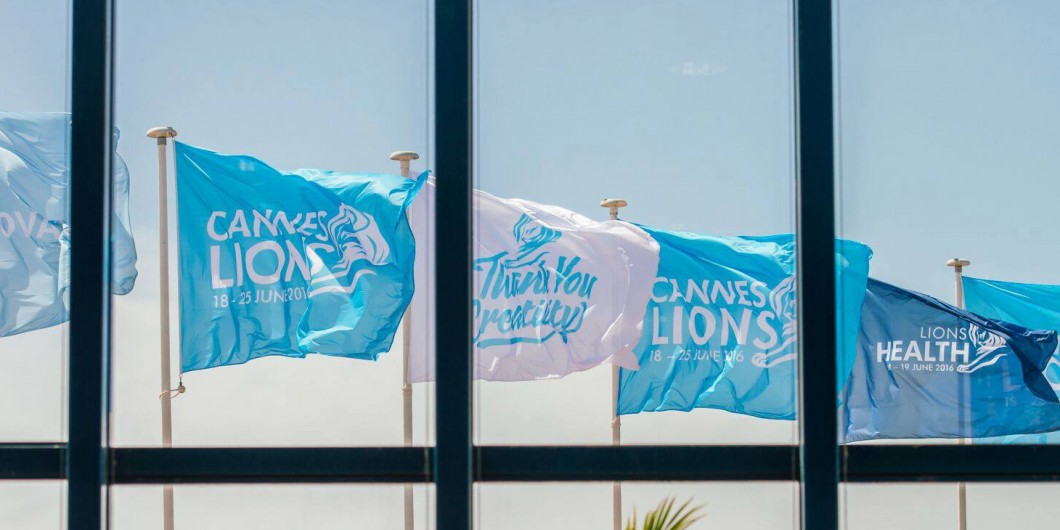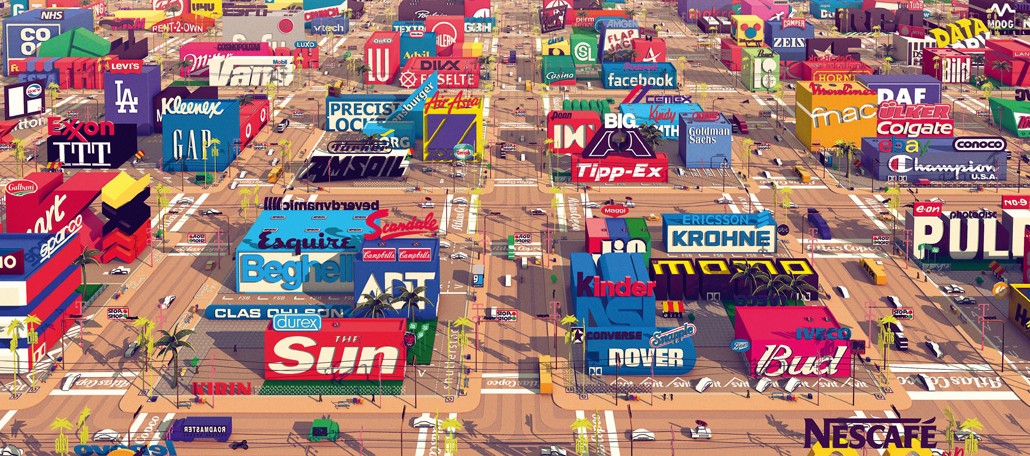Creativity is increasingly heralded as the last bastion against the automation of human work. The logic goes, if we do creative work, then we can never be replaced by a machine, n’est-ce pas? But what if algorithms could judge creative content? Or even produce it? Is the creative economy truly safe from machines? What if your next creative director was an AI?
Watson, an artificial intelligence (AI) program created by IBM*, is best known for winning the Jeopardy! game show in 2011. But Watson is more than just a stunt. Today, it continues to learn, contributing to medical diagnostics, predicting levels of risk for financial markets and doling out legal advice. Watson can help you make better investments, avoid lawsuits and even save your life… But is it a good judge of creativity? If this is merely a cognitive process, it should be easy for Watson, right?
Learning
To develop its creative judgment, Watson ingested thousands of previous works submitted to the Outdoor Category of the Cannes Lions International Festival of Creativity. The batch comprised equal parts triumphant winners and humble losers. Thanks to its foolproof memory, Watson has now become the jury member with the greatest knowledge about advertising culture on the planet.
Evaluating
After having studied 80% of the pieces submitted in this category, Watson was able to predict the rankings of the remaining 20%. Since the results of previous competitions are already known, the machine’s efficiency was proven in real time. In the last round, Watson correctly predicted the victory of 78% of submissions and eliminated (with good reason) 90% of the pieces that the jury rejected. Not bad for a machine…
Testing, testing
The magazine The Drum decided to test Watson by asking it to predict the fate of American and British works submitted to this year’s Cannes festival. You can review Watson’s predictions here; results will be updated when the winners are officially announced.
Internship
This is not the first time that AI has been introduced into the advertising world. In March, the agency McCann Erickson Japan announced it was “hiring” AI-CD ß, the world’s first AI creative director. And competition with its human coworkers began almost immediately! Check out its first ads here. The Japanese public was asked to vote for their favourite, but the results won’t be known until the end of the summer. Interestingly, artificial intelligence aptly picked up on the human predilection for singing animals and special effects. Are we really so predictable?
The future
To be more precise, Watson actually predicts how judges behave and not the quality of the pieces. “I don’t think Watson (or any current AI) is capable of judging creativity directly. However, it may be able to identify patterns and trends from the submission data that correlates with increased win rates,” explains Marc Blanchard, Global Head of Experience Design at Havas Worldwide New York. Currently attending the Festival, Marc also refers to a presentation by Razorfish and Contagious, two agencies that evaluated 15 years’ worth of Cannes submissions, looking specifically at the credits. The conclusion? Projects that encouraged young creatives to collaborate across disciplines fared better than all other projects. According to Marc, “It’s conceivable that Watson could combine that kind of analysis with other approaches—social trends, tone analysis, colour psychology, personality insights about the human judges—to predict winners better than random chance.” Although it may be possible to predict how well a piece will do, that does not infer that a machine can judge creative merit.
The ease with which a machine can predict the winners of a creative competition is unnerving. We need to ask ourselves whether creativity, as judged by international competitions, has become a formula that operates outside emotions and personal taste. The more predictable the formula becomes, the harder we must work to break old patterns and seek out new ideas. These ideas, which won’t be easy for Watson to assess on first sight, are the ones that will truly attract the attention of consumers and ultimately, ensure that we keep our jobs as generators of emotions.
* Full disclosure: Havas Group has been working with IBM for more than 20 years.


